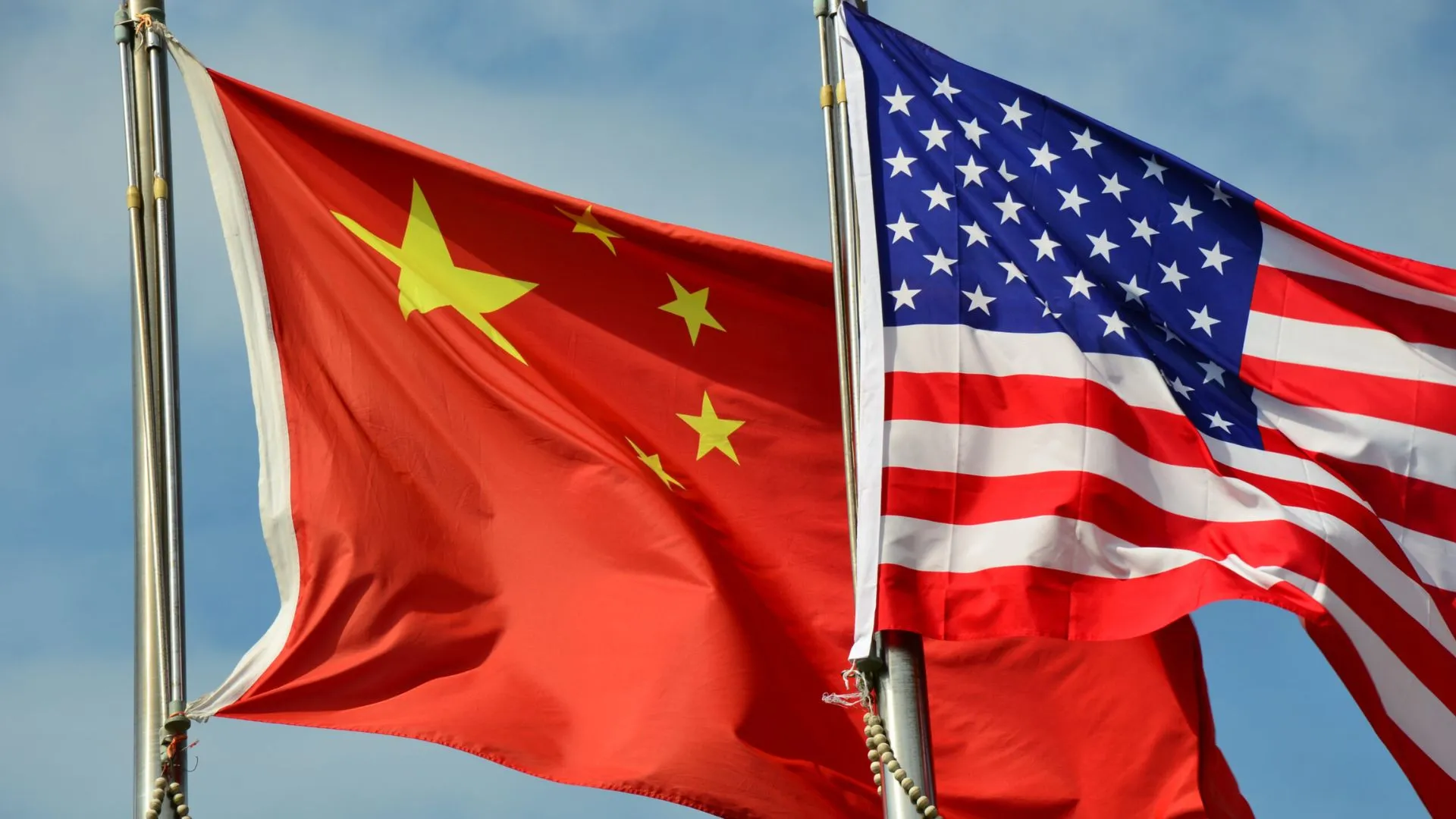In a strong condemnation of Russia’s actions in Ukraine, UK Prime Minister Keir Starmer on Thursday said the Kremlin was deliberately stalling peace efforts and attempting to “play games” concerning ceasefire negotiations, foreign media reported.
Speaking at a press conference following a meeting of the ‘coalition of the willing’ in Paris, Starmer criticised Russia’s response to a 30-day ceasefire proposal and the Black Sea initiative, saying, “Over two weeks since Ukraine agreed to an immediate, 30-day ceasefire, that offer is still unanswered,” the Guardian reported.
“We agreed here in Paris today that it’s clear the Russians are filibustering. They are playing games and they’re playing for time”, Starmer reportedly said, adding, “It is a classic from the Putin playbook, but we can’t let them drag this out while they continue prosecuting their illegal invasion.”
The UK PM further stressed that the international community must remain firm in its support for Kyiv, suggesting that the leaders present at the Paris meeting were united in their determination to back the country for as long as it takes “to make sure Ukraine is in the strongest possible position, both now and in further negotiations.”
He also hinted at further pressure on Russia, suggesting the possibility of increasing sanctions as part of an international effort to force Moscow to the negotiating table.
“There is complete clarity that now is not the time for lifting sanctions,” the Guardian quoted Starmer as saying. “Quite the contrary, we discussed how we can increase sanctions to support the US initiative and bring Russia to the table through further pressure.”
Europe Steps Up, Focus Shifts to Military Support and Peace Efforts
Starmer also confirmed that the UK Defence Secretary will chair the next Ukraine Defence Contact Group meeting on April 11. The meeting aims to gather additional military aid for Ukraine.
“This is Europe mobilising together behind the peace process on a scale that we haven’t seen for decades, backed by partners from around the world”, Starmer remarked, while stressing, “We are determined to deliver a just and lasting peace because we know that it is vital for Ukraine and Europe as a whole, and I am clear that it’s also vital for Britain.”
As part of the collective European effort, Starmer confirmed plans for British, French, and German chiefs of defense to visit Kyiv to discuss future military support for Ukraine. He also stressed that a Europe-led military force could be pivotal in sending a strong message to Russia that any peace agreement must be respected.
Responding to a question on whether any future force could be deployed to Ukraine, Starmer said it would build on the strength of the Ukrainian army with “a force designed to deter, in order to send that message to Putin that this is a deal that is going to be defended.”
Starmer Suggests Parliamentary Approval for UK Troops in Ukraine
On the potential deployment of UK troops to Ukraine, Starmer reiterated that any long-term military involvement would require parliamentary approval. The discussions are still in the early stages, the UK PM said, while underlining that Britain must proceed cautiously and in consultation with its parliamentary process.
“We are at the stage of turning the political momentum into operational plans, looking at the various options, and then going for the next piece of work with the Chiefs of Defence. But you know my longstanding position, which is, if we were to deploy in any scenario on a long term basis, then of course, parliament should have a say in that.”
ALSO READ: Macron Dismisses Russian Demands As World Leaders Gather in Paris for Talks On Ukraine Ceasefire























